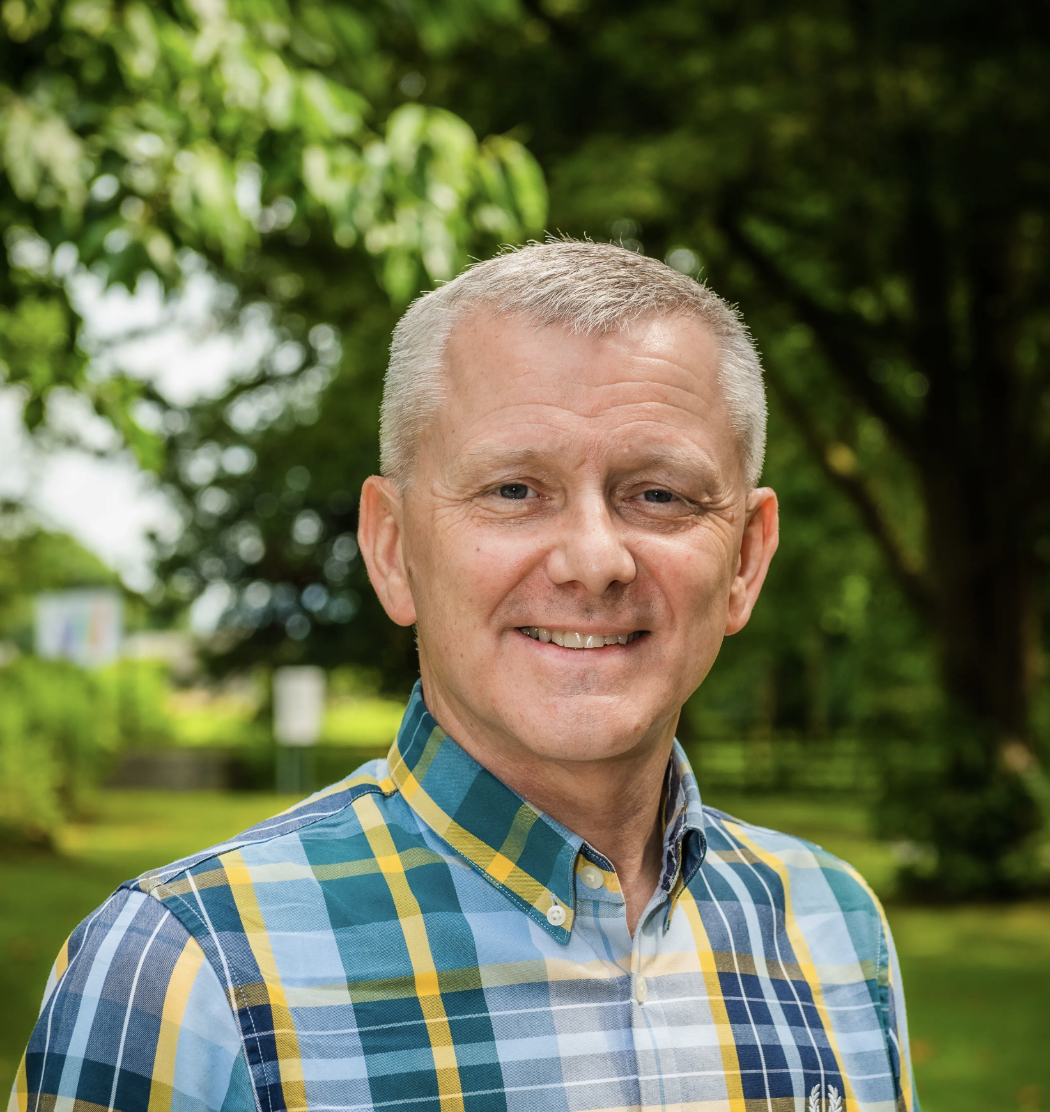Training & Education
We are the UK's leading provider of training in ADHD and neurodevelopmental conditions.
Our courses are interactive, evidence-informed, and full of practical strategies that can be applied in real-world settings.
You can choose from live and on-demand webinars, in-depth training courses, or bespoke sessions tailored to the specific needs of your team.
Find out more below!

Webinars
Created for Early Years professionals, this series offers live and on-demand webinars to support learning through play and early development.
Designed for Primary Educators, this series offers practical on-demand webinars to support inclusive, strengths-based classroom practice.
Aimed at Secondary Teachers and support staff, this series of on-demand webinars explores inclusive strategies and neurodiversity in the classroom
Developed for educators in Higher and Further Education, this series offers insight into supporting neurodiverse learners through inclusive teaching and learning strategies.
Other Training Courses
We provide courses that can be tailored to your needs, which offers the opportunity to focus on a specific area/need or a selection of topics.
We provide a range of services for NHS and other health care providers, including training for psychiatrists, paediatricians, nurses and allied health care professionals.
We are able to offer a wide range of expert led courses across a wide range of subject areas.Take a look at our entire menu of training options to see what works for you.

Training for Business

“Our trainer was very engaging and enthusiastic throughout the session. It was an informative session without it being information overload. We liked the case examples to give some perspective on what was being discussed.”
Interested in Bespoke Training?
If you are interested in bespoke training for your organisation or school, get in touch with Colin Foley, National Training Director at The ADHD Foundation about your requirements.

- [email protected]
- 0151 541 9020
ADHD Coaching Diploma
The ADHD Foundation proudly presents an empowering programme of study, to become a certified Neurodiversity/ADHD Coach, credentialed to the Level 3, 5 and 7 national coaching and mentoring standard.
This course is more than just a qualification; it's a mission to elevate ADHD coaching and mentoring standards across the UK taught by certified coaches, education professionals, and Chartered Psychologists with decades of experience, knowledge and expertise in neurodiversity.
This year's Coaching Diploma course is full. Our next intake will be early next year.

